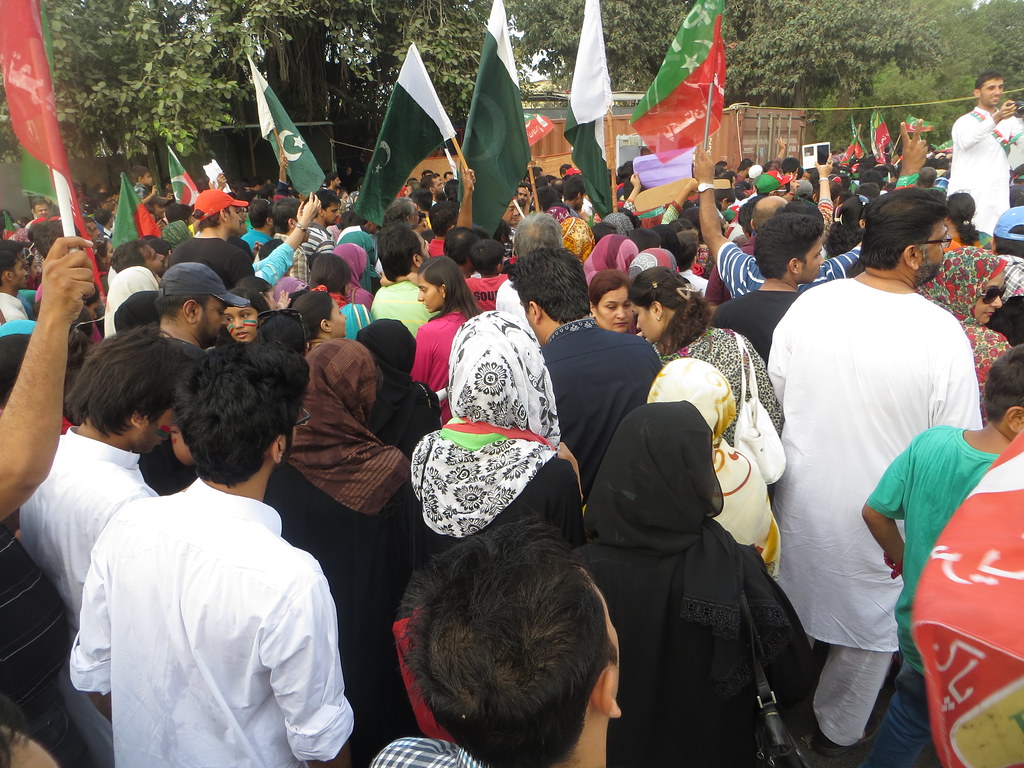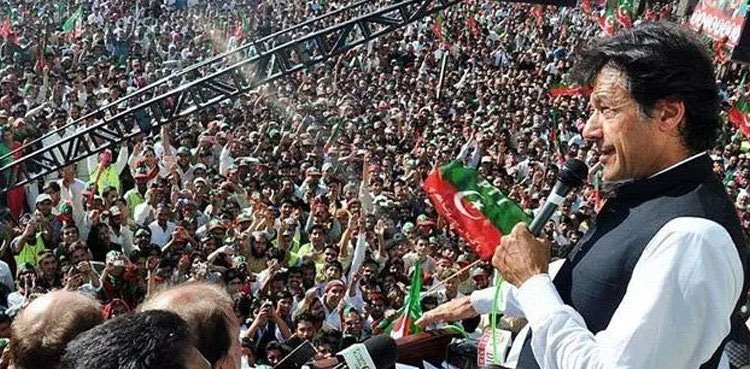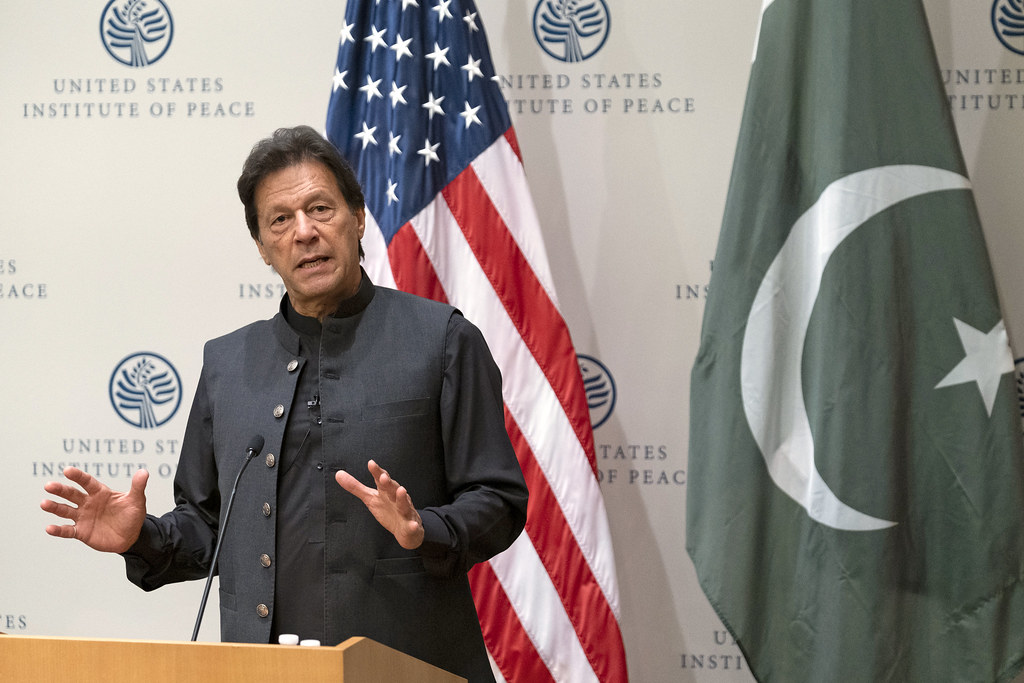In a dramatic turn of events, former Pakistani Prime Minister Imran Khan has been arrested, sending shockwaves through the nation's political landscape. The arrest of a prominent leader like Imran Khan raises crucial questions about the future of Pakistan's politics. In this comprehensive SEO blog post, we delve deep into the issue, seeking insights from renowned journalist Suhasini Haidar, and explore the potential scenarios that lie ahead.
Imran Khan's Arrest: The Unfolding Drama
Imran Khan's arrest has been a headline-grabbing event, sparking debates and discussions across the country. The charismatic leader, once hailed for his cricketing prowess and later for his promises of change and reform, now finds himself entangled in legal troubles. The circumstances surrounding his arrest have led to both speculation and skepticism, leaving citizens and analysts alike pondering the true motivations behind this move.
A Worldview with Suhasini Haidar
To gain a deeper understanding of the situation, we turn to Suhasini Haidar, a respected journalist known for her insightful analyses of international affairs. Haidar's perspective on Imran Khan's arrest provides a valuable lens through which we can decipher the complex web of politics, power, and intrigue in Pakistan.
Haidar's Take on Imran Khan's Arrest
According to Suhasini Haidar, Imran Khan's arrest is a pivotal moment that could potentially reshape Pakistan's political trajectory. Haidar suggests that while Khan's arrest may have legal grounds, it is essential to consider the broader context in which it is happening. She emphasizes the need to critically examine the balance of power within Pakistan's political elite and the implications for the country's democratic institutions.
Political Motivations and Power Struggles
One of the central themes discussed by Haidar is the underlying power struggles within Pakistan's political establishment. She points out that Khan's arrest could be a manifestation of these power dynamics, where different factions vie for control and influence. Haidar's analysis highlights the intricate interplay between state institutions, military involvement, and civilian leadership, all of which contribute to the complexities of Pakistan's political landscape.
Impact on Pakistan's Democracy
The arrest of a former prime minister inevitably raises concerns about the state of democracy in Pakistan. Haidar stresses the importance of upholding democratic principles and the rule of law, regardless of the individual involved. She argues that the handling of Khan's arrest will serve as a litmus test for Pakistan's commitment to democratic governance and its ability to ensure a fair and transparent legal process.
What's Next for Pakistan Politics?
As the dust settles after Imran Khan's arrest, the pressing question remains: What lies ahead for Pakistan's political landscape? Suhasini Haidar offers a range of possible scenarios, each carrying its own set of implications.
1. **Political Instability:** The arrest could potentially trigger political unrest and uncertainty, leading to protests and demonstrations by Khan's supporters. This instability may have ripple effects on the economy and governance.
2. **New Leadership Emerging:** With Khan sidelined, new leaders might emerge within his party or from opposition factions. Haidar highlights the opportunity for fresh faces to step into the spotlight and shape the direction of Pakistan's politics.
3. **Military's Role:** Given Pakistan's history of military involvement in politics, Haidar suggests that the military's stance will be closely scrutinized. Any perception of military interference could impact the nation's democratic credibility.
4. **International Relations:** The arrest's fallout could extend beyond Pakistan's borders, affecting its relationships with neighboring countries and global partners. Haidar emphasizes the importance of maintaining diplomatic stability amid internal changes.
Conclusion
The arrest of Imran Khan has thrust Pakistan into a critical juncture, prompting intense debates about the future of its political landscape. Suhasini Haidar's insights shed light on the complex factors at play, from power struggles within the political elite to the broader implications for democracy and governance. As Pakistan navigates this pivotal moment, the nation's choices will shape not only its internal dynamics but also its standing on the global stage. Only time will reveal the true course of events and whether Pakistan can emerge stronger and more resilient from the challenges it faces.
Read More>>


.jpg)
.jpg)




.jpg)

.jpg)
.jpg)
.jpg)



.jpg)
No comments:
Post a Comment